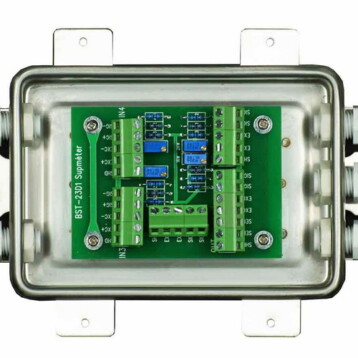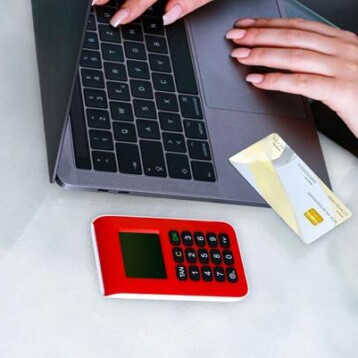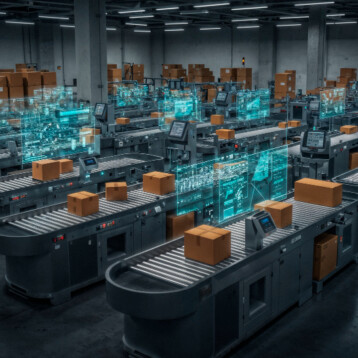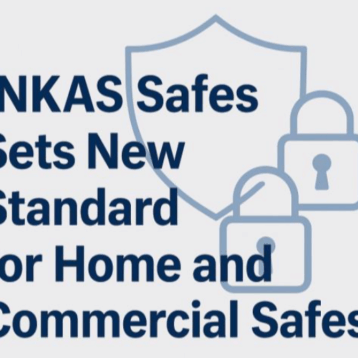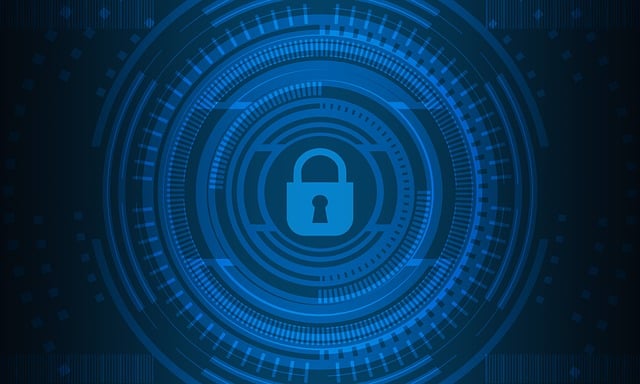
In an era where technology governs almost every aspect of our lives, the concept of security has evolved significantly. The traditional lock-and-key system, while reliable for centuries, is now making way for innovative solutions that align with the demands of the modern world. Smart locks have emerged as a game-changer, offering enhanced convenience and control while ensuring safety. These devices seamlessly integrate with smart home ecosystems, allowing users to manage access remotely and eliminate the need for physical keys. Learn more about smart locks and their impact on modern security., offering enhanced convenience and control while ensuring safety. These devices seamlessly integrate with smart home ecosystems, allowing users to manage access remotely and eliminate the need for physical keys.
The rise of smart locks represents a shift from conventional mechanical locking systems to advanced, technology-driven solutions. By leveraging Bluetooth, Wi-Fi, and mobile applications, smart locks empower users with real-time access management and monitoring capabilities. Whether it’s securing a residential property, office, or rental unit, these devices provide unparalleled flexibility and peace of mind, making them a preferred choice for tech-savvy homeowners and businesses alike.
The Journey from Traditional to Digital Locks
The history of locks dates back thousands of years, with early designs focused purely on physical mechanisms to deter unauthorized access. Traditional locks relied heavily on craftsmanship but were often prone to tampering or duplicating keys. While these systems served their purpose, the advent of digital locks marked a significant leap in security.
Digital locks introduced a level of sophistication that traditional systems couldn’t match. Unlike their mechanical counterparts, digital locks utilize electronic authentication methods such as PIN codes, RFID cards, or biometric scanning., digital locks utilize electronic authentication methods such as PIN codes, RFID cards, or biometric scanning. This transition eliminated the vulnerabilities associated with lost or stolen keys. Additionally, digital locks provide features like time-based access control, audit trails, and seamless integration with security systems, making them ideal for residential and commercial applications.
Why Digital Locks are the Future of Security
As we continue to embrace smart technology, digital locks are gaining widespread acceptance for their superior functionality and adaptability. Here are some key reasons why digital locks are shaping the future of security:
- Enhanced Access Control
Digital locks allow property owners to customize access levels for different users. For instance, a homeowner can grant temporary access to a guest while restricting it for others. This level of control is unmatched by traditional locks. - Integration with Smart Ecosystems
Modern digital locks can be integrated with smart home platforms like Alexa, Google Home, or Apple HomeKit. This enables users to lock or unlock doors using voice commands or through mobile applications, enhancing convenience. - Real-Time Monitoring
Digital locks offer features such as activity logs, which allow users to track who accessed their property and when. This is particularly beneficial for property managers or landlords overseeing multiple units. - Eliminating Physical Keys
The hassle of carrying keys and the risk of losing them are eliminated with digital locks. Instead, access is granted through methods like smartphone apps, fingerprints, or PIN codes, offering a seamless user experience. - Increased Security Features
Advanced encryption technologies ensure that digital locks are resistant to hacking attempts. Some models also come with tamper alarms, adding an extra layer of security.
Advantages of Smart Locks in Everyday Life
While digital locks laid the groundwork for modern access control, smart locks have taken the concept a step further by incorporating IoT (Internet of Things) capabilities. Smart locks provide the convenience of remote access, allowing users to control their locks from anywhere in the world using their smartphones. This feature is particularly useful for homeowners who frequently travel or wish to grant access to service providers like cleaners or delivery personnel.
Moreover, smart locks can be programmed to send notifications in case of unusual activity, ensuring that users stay informed about their property’s security status at all times. This level of connectivity and awareness makes smart locks a must-have for anyone looking to enhance their home security system.
The Environmental Impact of Digital and Smart Locks
Beyond convenience and security, digital and smart locks also contribute to sustainability. Traditional locking systems often involve the production and disposal of physical keys, which can lead to environmental waste. By replacing keys with digital alternatives, smart locks reduce the carbon footprint associated with manufacturing and key disposal. Additionally, many digital locks are designed with energy-efficient features, further aligning with global sustainability goals.
Challenges and Considerations
Despite their numerous advantages, adopting digital and smart locks comes with its own set of challenges. For instance, these systems rely on electronic components, making them vulnerable to power outages or software glitches. However, many manufacturers address this issue by including backup power options or fail-safe mechanisms.
Another concern is cybersecurity. While digital locks offer advanced security, they are not immune to hacking attempts. It is crucial for users to choose reputable brands and keep their software updated to mitigate risks.
Conclusion
The evolution of locks from traditional mechanical systems to advanced digital and smart technologies reflects the growing emphasis on convenience, security, and sustainability. Smart locks and digital locks have revolutionized the way we approach access control, providing solutions that cater to the demands of modern living. As technology continues to advance, these systems will undoubtedly play a pivotal role in shaping the future of security.
Whether you’re a homeowner seeking peace of mind or a business looking to enhance operational efficiency, investing in digital locks is a step towards a smarter and more secure world. With their ability to integrate seamlessly with other smart devices, these locks are not just a luxury but a necessity in today’s tech-driven society.

